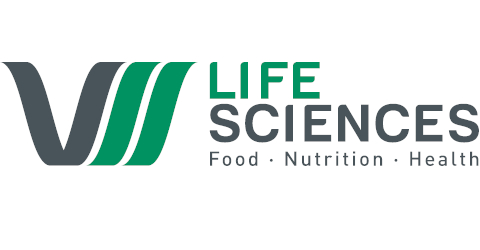Chair of Food Law
We live in a world of unprecedented opportunities. While our lives depend on the availability of food and the healthy consumption of food, food production, retail and consumption change. Disruptive technologies and transnationalisation bring benefits and risks to our food system.
Law plays an integral part in governing such technological transformations. Law regulates such vastly complex transnational food systems, which include private and public actors across geographical and legal boundaries in order to solve and prevent problems of food safety, food security and the related external effects. Not all of the rules are captured by the field that we usually refer to as “food law”. In a conventional reading, food law consists of the rules that govern food value chains. To understand transformations of the regulation of our food system as a whole, food lawyers need to also incorporate, among others, technology law, data law, competition law, intellectual property law, and international private law into their work.
These connections are not only determined by law. Food has cultural, natural and societal implications. Food law hence permeates a number of different (research) areas which are conventionally not assessed together. To determine a legally required appropriate level of protection, for example, insights from natural science are helpful. Research from behavioral sciences and data sciences determines if legal provisions are really designed in a way to enable better information of consumers. Other disciplines such as economics, political sciences and sociology can likewise help us to determine if the law reaches its envisaged goals and how we should interpret, understand and make law.




